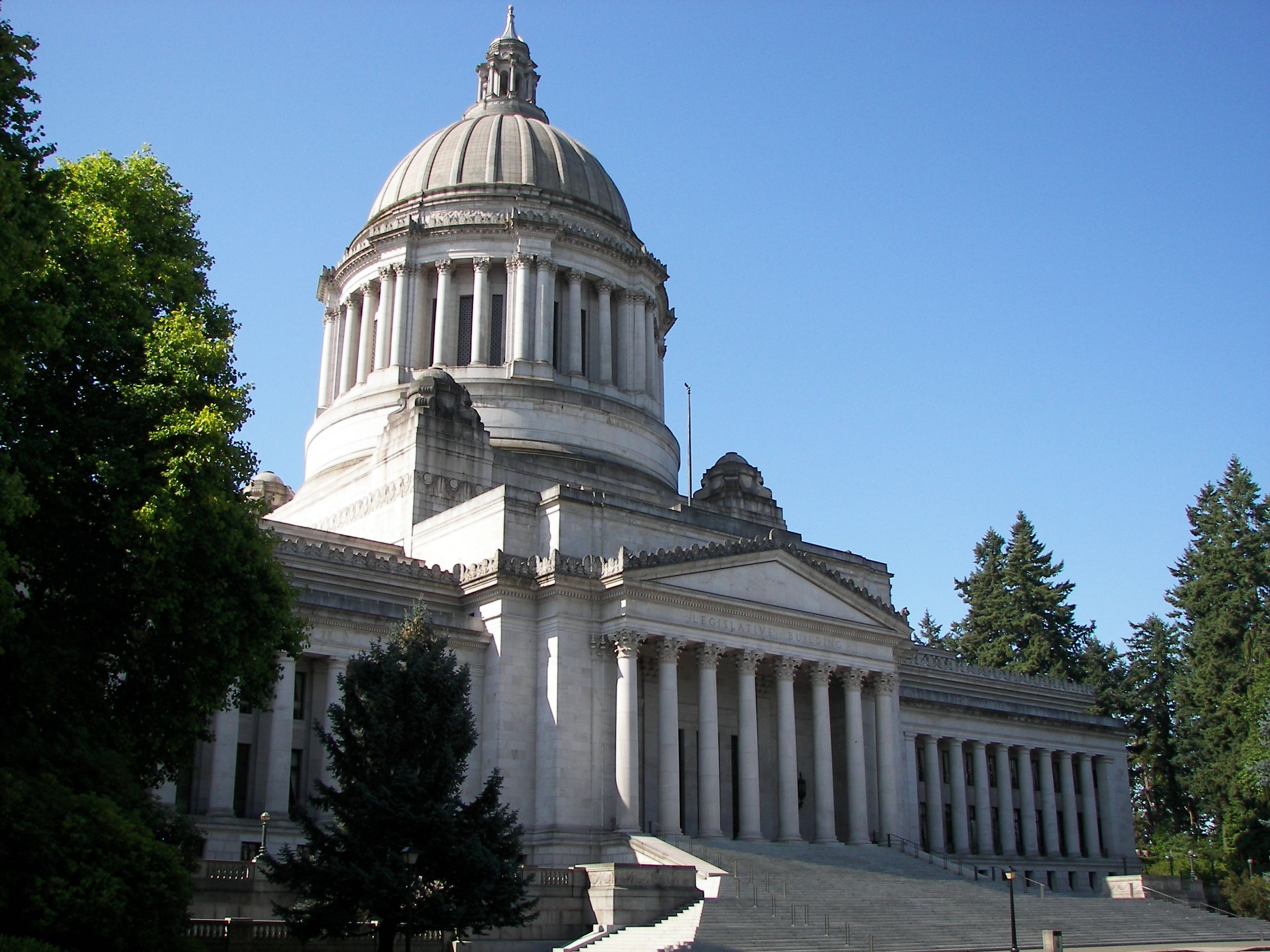Related Articles
Relevant Topics
-
Blanket Primary
-
California
-
Connecticut
-
constitution
-
Democratic Party
-
First Amendment to the United States Constitution
-
Louisiana
-
Massachusetts
-
Massachusetts Supreme Judicial Court
-
political party
-
Presidential Primary
-
Republican Party
-
Supreme Court of the United States
-
United States Court of Appeals for the Ninth Circuit
-
Wisconsin
Vibrant political parties, formed by citizens who band together to advocate their philosophies, are the essential foundation of our democracy.
Citizen-activists "have a First Amendment right to further their party's program for what they see as good governance," the Ninth Circuit Court of Appeals declared when it recently stuck down Washington's blanket primary. That system, the court said, violated citizens' constitutional rights because it prevented a political party from picking its own nominees and framing the message it presents to voters.
Today, in response to the court's ruling, political leaders throughout the state are moving to bring Washington's primaries into line with the Constitution.
Political parties are considering two factors as they determine how to select their candidates:
Who gets to seek to represent their party (who may run)? Courts have made it clear that a political party has a constitutional right to exclude a candidate from seeking office under its name and to establish procedures by which candidates may qualify to run for office under the party label.
Who gets to participate in the selection process (who may vote)? Similarly, efforts by legislatures to determine who may vote in a party's primary have been consistently overturned by courts in favor of party rules.
The Washington state Democratic Party wants a closed primary with voter verification. The party's nominations will be decided by voters who "wish to be known as Democrats." Arguments that "voter privacy" is violated by a requirement that voters sign in at the polls by party, the system already used in Washington's Presidential Primary, were resolved in favor of the party by the Ninth Circuit Court decision.
The state Republican Party wants an open primary and eligibility criteria for who can e a candidate. Republicans will allow independent voters to vote in the Republican primary, and will control the party's message by setting conditions on who can file for office as a Republican. Would-be Republican candidates must show broad party support by gaining the votes of 25% of the delegates at a party convention, similar to the process used in many states.
Over the years, legislators in many states have asserted that they, not the political parties, should decide what kind of primary system to have. Time after time, the courts have corrected them. In the early 1980s, the Wisconsin legislature decided that primaries should be open to all voters. The Democratic Party wanted a primary restricted to Democrats. The U.S. Supreme Court sided with the party.
About the same time the Massachusetts legislature decided that any candidate should be able to run in a party's primary by filing a nominating petition. The Democratic Party wanted to limit its primaries only to candidates who received support at a party convention. The Supreme Judicial Court of Massachusetts sided with the party.
A few years later, the Connecticut legislature said primaries should be closed. The state's Republican Party wanted an open primary. The U.S. Supreme Court sided with the party.
And most recently, voters in California adopted a blanket primary. Both major and a number of minor parties wanted closed primaries. The U.S. Supreme Court sided with the parties.
An alternative "nonpartisan" primary has been urged by some in our state as meeting constitutional requirements. Used by Louisiana, it is essentially a two-stage election in which all candidates appear on the first ballot and the two candidates with the most votes, regardless of party, move on to the run-off election. The Supreme Court has suggested such a system might be constitutional, but only because it does not select the nominees of the parties. A party’s nominees, therefore, could be selected by its internal rules.
The Republican Party's rules currently provide that, if it doesn't get its preferred choice, an open primary, its nominees will be selected by a party convention. The Democrats are likely to consider a similar process. In that case, there will be no primary elections in Washington for partisan races, at least as far as the major parties are concerned.
When the legislature meets in January, lawmakers will have to decide whether voters are really better off with a law that essentially eliminates party primaries, and forces those not nominated by party conventions to run as "Independents," or to institute a variation of the nonpartisan primary.




